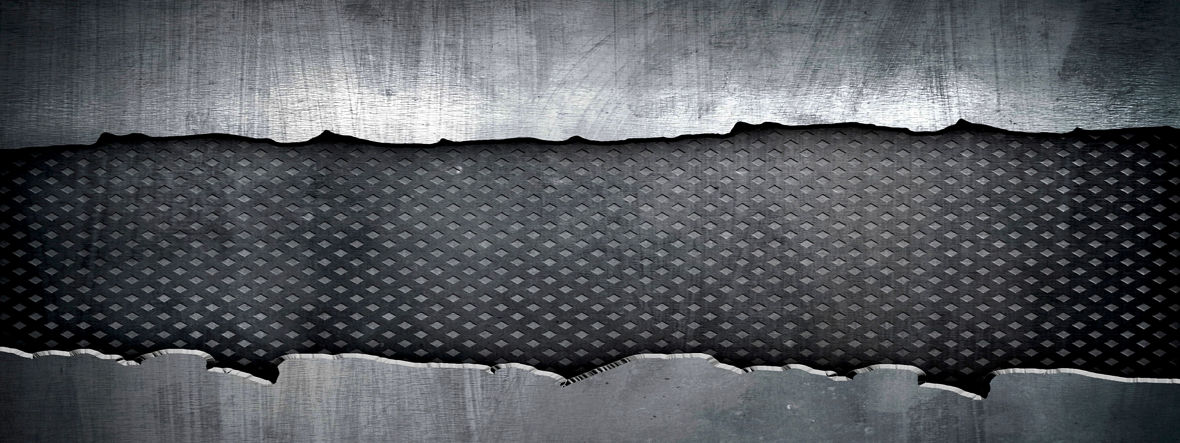In my element - iron
Chemical formulas were incomprehensible to me. However, I gradually understood that everything around us consists of chemical elements. Our surroundings are a form of tangible chemistry! When I was 14, I began to collect chemical elements. My first element was iron, which came from my chemistry kit. It forms the solid basis of my element collection.
I now own 56 of the 118 elements in the periodic table. You need to know, however, that only 81 elements are accessible and only 70 can be included in a collection. Some elements are very unstable and decay extremely quickly due to their radioactivity. Others are toxic and can’t be collected as a result.
My collection is unique from today’s standpoint. Many elements have become so rare and valuable that private individuals are no longer able to simply buy them. By far the most expensive element in my collection is without a doubt europium. In 1982 I paid more than 50 deutschmarks for half a gram. Today it would cost many times that. It’s obvious that most chemical elements can’t be bought at every street corner. I purchased most of them through the former company Degussa or from the specialist chemical trade.
I’m particularly fascinated by how the various elements were discovered and got their names. For example, the shiny silvery-white transition metal rhenium was named after the Rhineland in 1925. Sometimes elements are also named after famous researchers. An example is meitnerium, which was named after the Austrian physicist Lise Meitner.
In addition to chemical elements, I also “collect” foreign languages. I speak ten of them, most of which I taught myself. These languages range from English, French, Spanish, Portuguese, Italian, Danish, Dutch, Serbian, and Romanian (I should brush up on the last two) to Norwegian, Swedish, and Afrikaans, which I know how to read. I’m currently combining my passion for chemistry and languages by writing a handbook for industrial chemists. The book is about all of the elements and will be more than 1,000 pages long. It is scheduled to appear next year.



